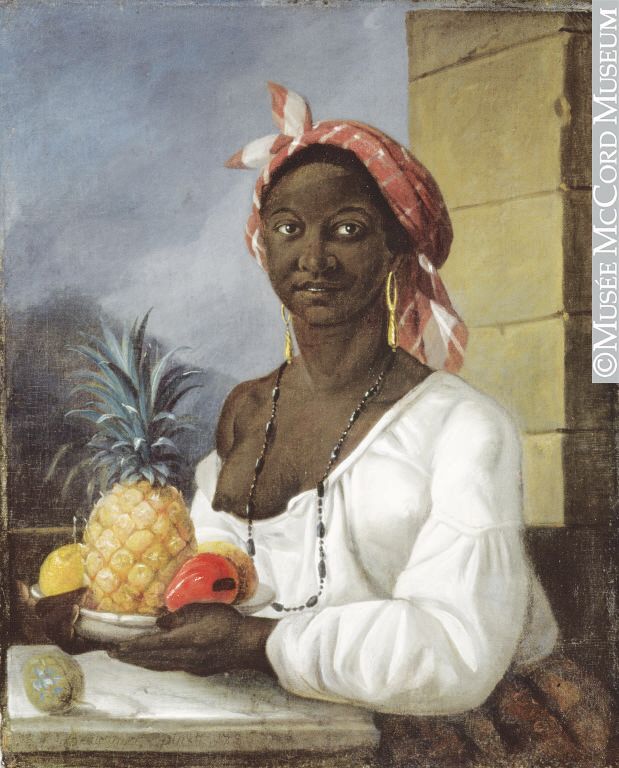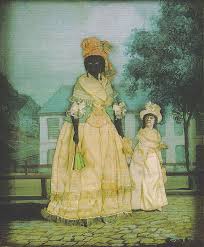Black and White women's characters ( of lack thereof) according to a free man of Saint Domingue11/20/2018 When Julien Raymond explains how racial prejudice grew in Saint Domingue, he says that ‘this prejudice is caused entirely by the jealousy of white women.” But what does he have to say about black women? Before white women arrived, white men, who were sick from their travels, finding it hard to settle in the new climate, and lonely because they had not brought women with them, found comfort in black women. Sometimes they lived with them as if they were married, sometimes they freed them and married them, and sometimes they waited till they bore children to free them, or even simply freed the children, but not their mothers. Black women, Raymond said, made good, attentive companions, because they expected to receive freedom in exchange. When the first wave of white women arrived, they were not the beautiful young women of good family the men had hoped for, and Raymond suggests that women who had travelled alone that far may not be very virtuous. When these women arrived, men continued to prefer black women, who were certainly more compliant, as they still expected to be freed. Throughout the text, blame is piled on white women, but black women are not given a voice. They are described simply as the reward of white men, and the cause of dissensions between families, or a tool for building friendship between them. Their virtue is a function of the law – whether they can be married to white men or not – and they have no self-determination. Raymond does not consider whether a freed black woman could choose to live a life one way or another. And of course – chances are that she could not. Being married to one’s master is still being a relationship of domination, and it is not a marriage that a slave can choose to go into freely. But there is an interesting contrast in Raymond’s text between his treatment of white women (who were probably not given a great choice about abandoning their homes in France to marry a colonist) and of the black women, naturally caring, but unable to choose virtue unless the law makes it their only option. Nonetheless, nowhere does Raymond consider the role white men play, as dominators of black and white women, in the ensuing behaviour and attitudes of these women.
0 Comments
Leave a Reply. |
About
This is where I live blog about my new book project, an intellectual biography of three French Revolutionary women philosophers. Categories
All
Archives
November 2022
|


 RSS Feed
RSS Feed